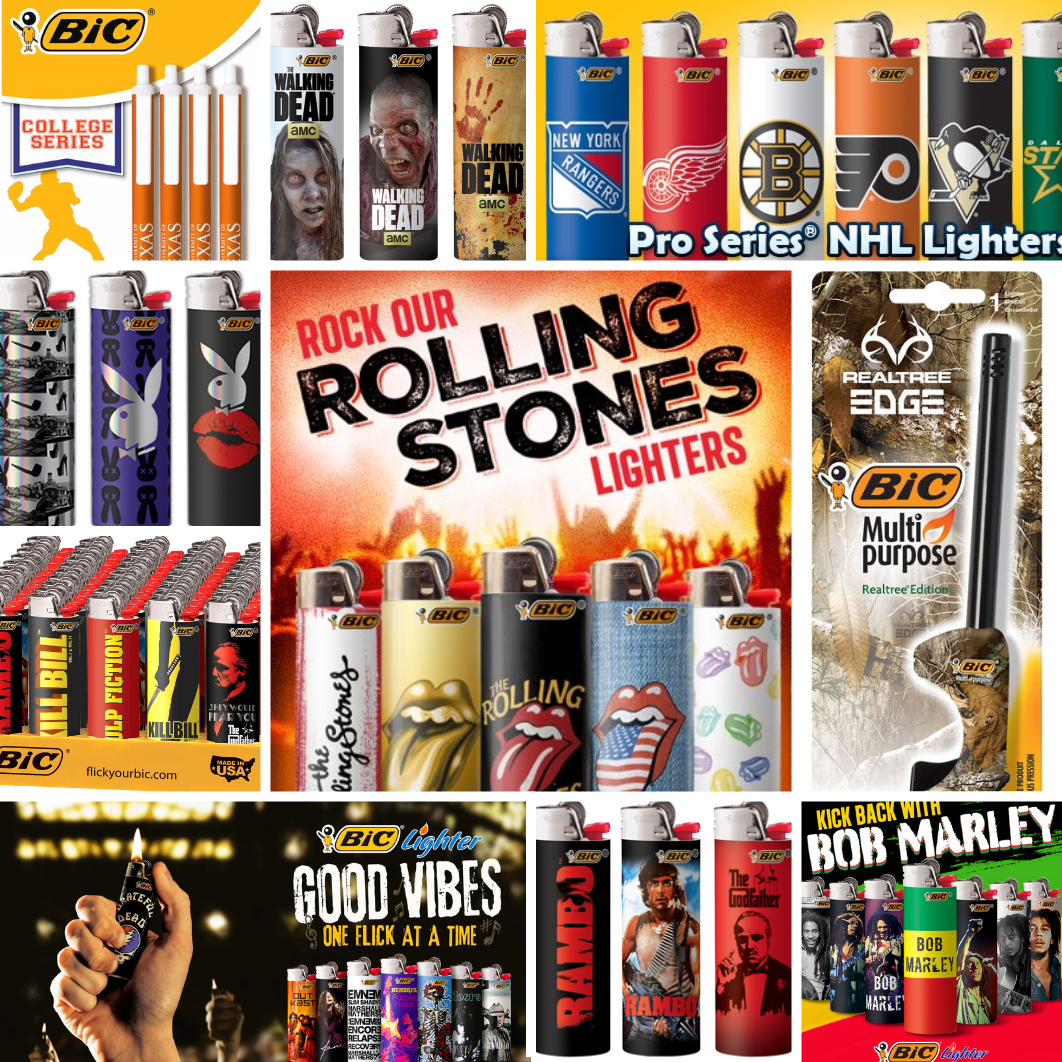So you want to know what a licensed brand is? We’ve got you covered!
(TL;DR: a licensed brand is when a company that owns a popular name, character, or logo (like Disney or the NFL) lets another company use it on their products or services. This lets the second company take advantage of the popularity and familiarity of the brand, while the brand owner makes money from it.)

Ok, so you’re still here. Great! Let’s break down what a licensed brand is in more detail:
A licensed brand refers to a brand name, trademark, logo, character, or other intellectual property that is legally licensed by the owner to a third party for use on products, services, or promotional materials. Brand licensing allows companies to leverage the equity and recognition of an established brand to enhance their offerings and appeal to fans or target audiences.
At its core, brand licensing involves two parties: the licensor and the licensee. The licensor is the owner of the brand or intellectual property, while the licensee is the company or entity that obtains the rights to use the brand through a licensing agreement.

Brand licensing is prevalent across various industries, including:
- Entertainment: Movie studios, television networks, and production companies license popular characters, logos, and storylines to manufacturers for toys, apparel, home goods, and various consumer products.
- Sports: Professional sports leagues, teams, and athletes license their names, logos, and imagery for use on merchandise, video games, and promotional campaigns.
- Corporate Brands: Well-known companies license their brand names and logos to third-party manufacturers for a wide range of products, from food to clothing and accessories to home appliances and electronics.
- Celebrities: Actors, musicians, and other public figures license their names, likenesses, and brands for endorsements, product lines, and various commercial endeavors.
Some of the biggest global licensed brands include Disney, Marvel, Star Wars, Harry Potter, Hello Kitty, and major professional sports leagues like the NFL, NBA, and MLB. These brands have built significant equity and recognition, making them highly valuable for licensing partnerships.

The licensing agreement between the licensor and licensee outlines the terms and conditions under which the brand can be used, including the specific products or services, geographical regions, duration of the license, royalty rates, and quality control measures. The licensor typically receives royalty payments based on the sales of licensed products or services.
Brand licensing offers several benefits for both parties:
- For the licensor, it provides an additional revenue stream, expands the brand’s reach and exposure, and enhances brand awareness and loyalty.
- For the licensee, it allows them to leverage an established brand’s equity, appeal to a built-in fan base, and potentially increase sales and market share.
However, brand licensing also comes with risks, such as potential brand dilution, loss of control over brand image, and quality control challenges. Proper management and oversight are crucial to ensure the licensed brand maintains its integrity and value.
In summary, a licensed brand is an intellectual property or trademark owned by one company and legally licensed to another for use on products, services, or promotional materials. Brand licensing enables companies to capitalize on the recognition and equity of established brands, while licensors can generate additional revenue streams and expand their brand’s reach.
Want to learn more about brand licensing and how it can work for you? Contact us today to learn more!


